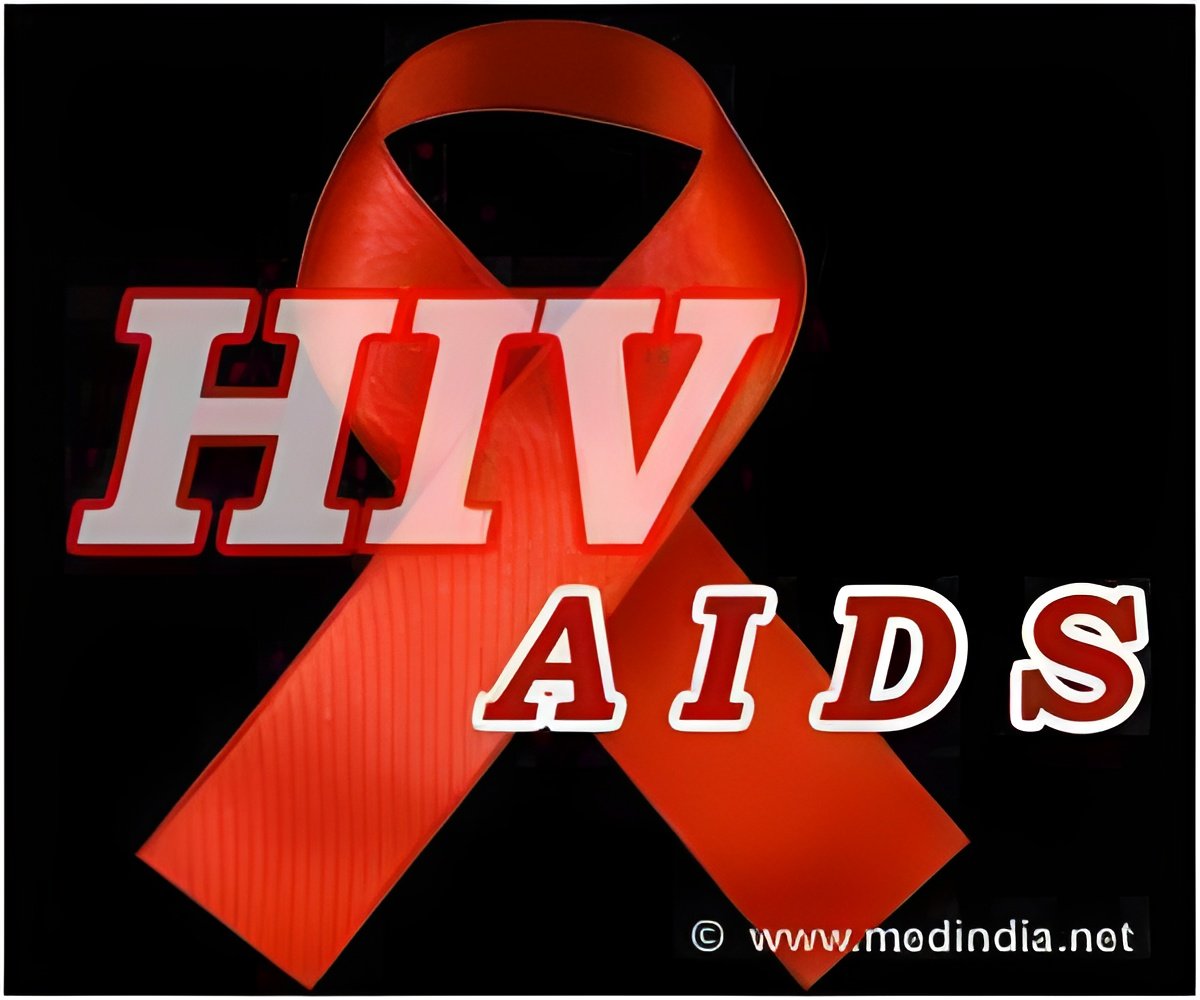New study has discovered a strong relationship between individual HPV types and HIV infection.

‘A person with any HPV type, more than one HPV type, or high-risk HPV are more likely to test positive for HIV.’





"Some HPV types are more linked to cancer and others to warts. This further illustrates the potential utility of HPV vaccine for men who have sex with men and trans women, not only for HPV prevention but also possibly for HIV prevention," Brown added. Brown explained that previous research has shown that HPV, in general, was linked to HIV infection, but his research team looked at infection with 37 HPV types and found that individual types are linked, "which is more specific than saying HPV is linked".
The study, published in the journal PLOS ONE, identified HPV types such as HPV16, 18, 31, 33, 35, 52, 58, linked to HIV.
For the study, the team investigated nearly 600 men who have sex with men, or MSM, and transgender women in Lima, Peru.
Brown and his colleagues started with two groups, one with genital warts and one without, and followed participants over two years to see who contracted HIV.
Advertisement
Previous study with female sex workers showed that the HPV vaccine still provided protection to high-risk groups.
"Even if the vaccine is not provided before sexual debut, there can be strong benefit if given at any time to prevent HPV-associated disease and also HIV," he said.
"We know that HPV is the most common STI, and we know that HPV vaccine works to prevent chronic HPV infection. What we need now is to implement the vaccine in a better way. The availability in many other developing countries is low at best and absent at worst."
Source-IANS















